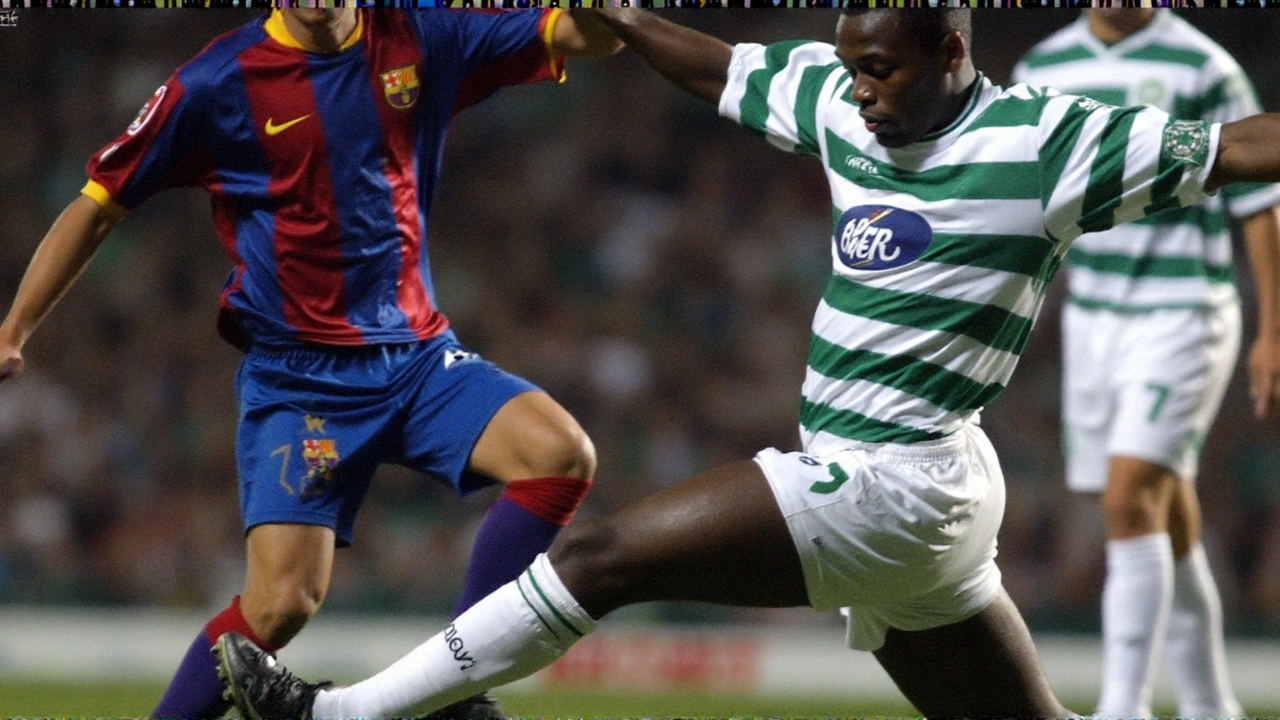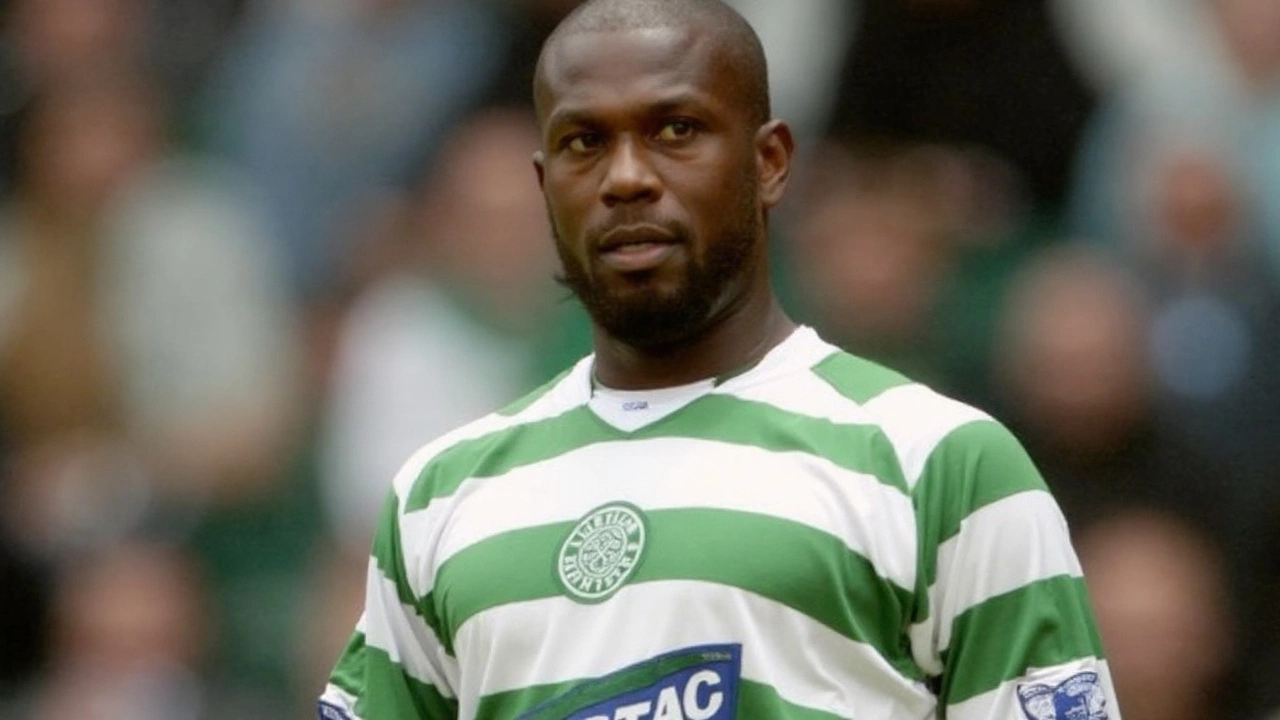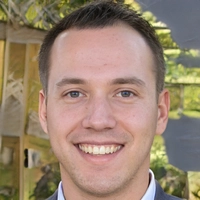What happened in Marseille
Former Celtic centre-back Bobo Balde has been admitted to a psychiatric hospital in Marseille following an incident in the city, according to local sources familiar with the situation. The nature of the incident has not been made public, and there is no official statement from authorities or from Balde’s circle. He is receiving care, and his condition is being handled by medical professionals.
France’s confidentiality rules around health care are strict, so don’t expect many details. Psychiatric admissions can be voluntary or initiated by medical and legal procedures when safety is a concern. At this stage, it isn’t clear which path led to Balde’s admission, and there’s no confirmed information pointing to any police investigation or criminal matter. The priority, as always with health issues, is treatment and privacy.
The location matters for personal reasons. Balde was born in Marseille and began his football journey in France before his move to Scotland. Being close to familiar surroundings can help during a medical episode, and people around him are keeping updates tight, which is common in these situations.
Clubs and former teammates often hold back from public comment until the family speaks. That seems to be the case here. Supporters, especially in Glasgow, have been cautious and respectful online, asking for patience and wishing him well. For now, the only confirmed point is that he is under professional care.

A career remembered—and the bigger picture
Balde’s name still carries weight with Celtic fans. The Guinean international moved to Glasgow in 2001 and became a cornerstone under Martin O’Neill, part of the side that reached the 2003 UEFA Cup final in Seville. He lifted multiple league titles and domestic cups, known for a no-nonsense style, aerial dominance, and a presence that gave teammates confidence. Opponents rarely enjoyed a physical battle with him.
Before and after Celtic, he built a solid career in France. He started out domestically, then returned later in his playing days, and later moved into coaching pathways linked to Guinea’s national setup at youth level. For many in Conakry and Glasgow, he’s more than a former player—he’s a reference point for an era.
News like this inevitably pushes football to look beyond the pitch. Retiring from the game can be a rough transition: the loss of routine, the end of weekly adrenaline, old injuries that don’t heal, and the public attention that doesn’t always fade. Players’ unions—FIFPRO globally, the UNFP in France, and the PFA in the UK—have spent the past few years expanding mental health services, from confidential counseling to crisis referral lines. UEFA and national FAs have also encouraged clubs to create clear pathways so ex-players know where to turn.
Psychiatric care is health care. It’s not a headline so much as a step in a treatment plan, the same way a torn ligament sends a player to surgery and rehab. Stigma can slow people from getting help, and that’s where high-profile cases can shift attitudes. When fans respond with empathy instead of rumor, it makes it easier for others to speak up and seek support.
In France, the process around psychiatric treatment emphasizes safety and discretion. If someone is admitted after a concerning incident, doctors focus first on stabilization, then assessment, then longer-term support. Unless the family chooses to share more, updates are rare. That’s frustrating for those who care, but it protects the person at the center of the story.
For Celtic supporters, the immediate instinct has been to revisit better times: the run to Seville, the titles, the afternoons when Balde swallowed up cross after cross. For Guinea’s football community, he remains a senior figure who carried the national shirt with pride. Those memories don’t change with a tough week. If anything, they add perspective. A career of heavy lifting on the field sometimes needs a different kind of help off it.
What comes next is simple: treatment first, then time. If there’s an update to share, it will come from those closest to him or through official channels. Until then, the most useful response—from fans, clubs, and media alike—is steady support and space to recover.

